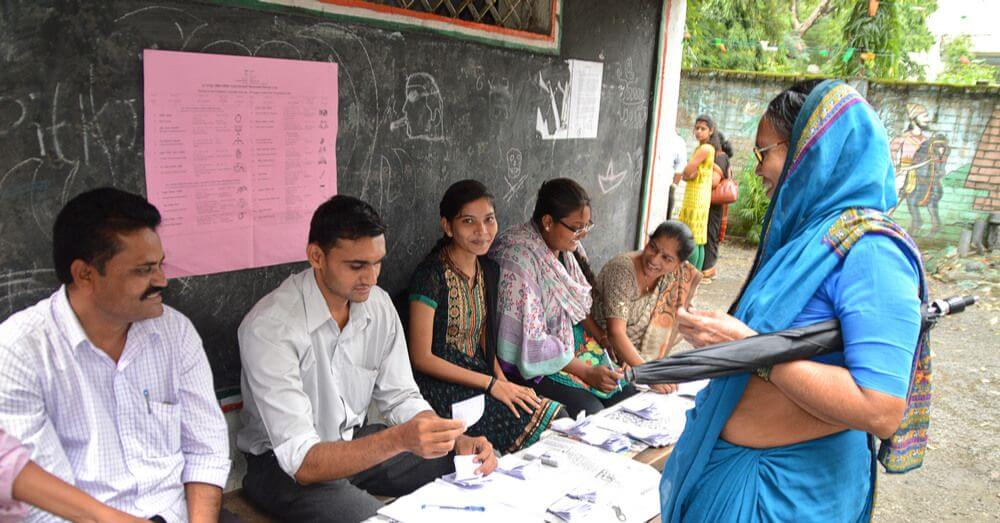
The election commission expresses their hopes and reservations for the capacity to build DLT that can accommodate the full scale of the election process
The Indian Government is considering the possibility of adopting blockchain technology to encourage residents to vote.
Using distributed ledger technology (DLT) to enhance their electioneering process would help eliminate geographical barriers and make it more accessible for citizens to vote, regardless of where they are. This is an urgent priority for the government, particularly as they continue to fight the coronavirus pandemic.
According to the Indian Express, the Election Commissioner (EC) Sushil Chandra emphasised the capacity for blockchain technology to ensure transparency and confidentiality.
“How can we set up special remote polling stations when suppose a person is in a different place than their voter registration? This is a departure from a conventional polling station… Can we think of a machine which can generate a dynamic ballot paper? …We can look at the distributed consensus mechanism. How transparent is this? Is my vote a secret?” Chandra asked.
While Chandra agreed that Indian citizens needed to go through significant geographical hurdles in voting, he also highlighted the need for an alternative voting system capable of operating in real-time that is auditable. He added that several industries have tried using blockchain technology; however, opinions on whether it can manage to accommodate the scale of this project are divergent.
Umesh Sinha, the EC Secretary General, expressed his confidence in working with a voting system that is powered by blockchain technology.
“Today our process is tied up to a geographical location. I am sure we can work out this (blockchain) technology. The big issue is to find a secure, safe, trustworthy system. This is a huge task but a pious task. This will facilitate easy participation for those categories of voters who are not able to come to the polling station,” Sinha said.
Ashish Kundra, Deputy Election Commissioner, conceded that while the desire to move ahead is “something that we should inspire for,” he felt that they needed to find “the right technology model which will inspire trust amongst stakeholders”.
In March, the Supreme Court of India overturned a decision by the Reserve Bank of India that banned banks from providing services to cryptocurrency exchanges. Since then, the local cryptocurrency industry has been quick to bounce back and has been growing at a considerable pace.
While there are concerns that the government is considering passing a bill that could ban cryptocurrencies entirely, several high profile crypto enthusiasts believe that the growth of the industry is too strong of an opportunity for the government to pass by.

